Financial Aid
The Office of Financial Aid and Scholarships is here to help eligible students apply for financial aid, understand the different types of financial aid available, and make the most of their financial aid awards. Our staff has the financial aid knowledge and experience to guide students and families and is available during office hours to answer questions throughout the financial aid application, awarding, and payment process.
Want to add UNCG to your FASFA? The UNCG Federal School Code is 002976.
THE NEW 2024-25 FAFSA IS LIVE — SUBMIT YOURS NOW!
The all-new 2024-25 FAFSA is now open! The new, simplified, more accessible FAFSA brings many positive changes. Visit our Changes to the FAFSA page to read more on what’s different and how to prepare.
Missed the FAFSA Priority Filing deadline? It’s not too late! We process FAFSAs all year round, but the sooner you file yours, the better your chances at a great aid package!
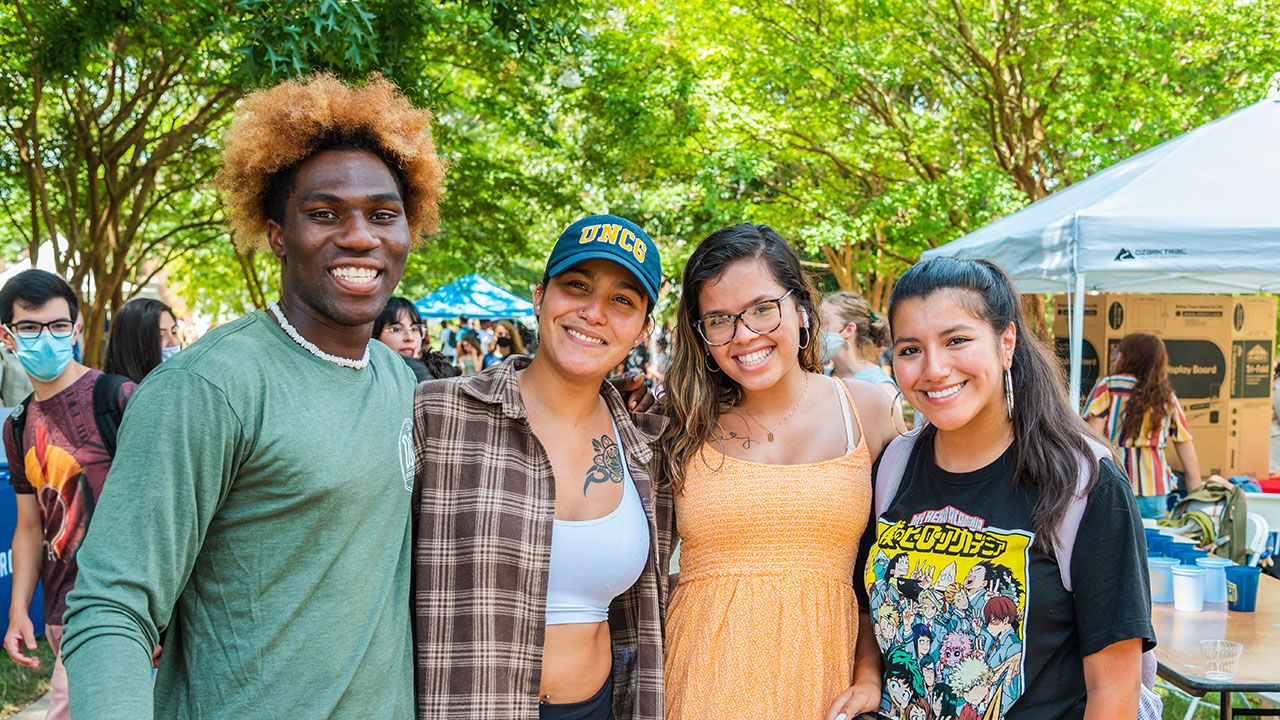
Financial Aid basics
It’s easy to feel overwhelmed navigating the financial aid process. This page is designed to provide information on how aid is calculated, how to maintain aid eligibility, tips for using UNCGenie, and important terms and definitions.
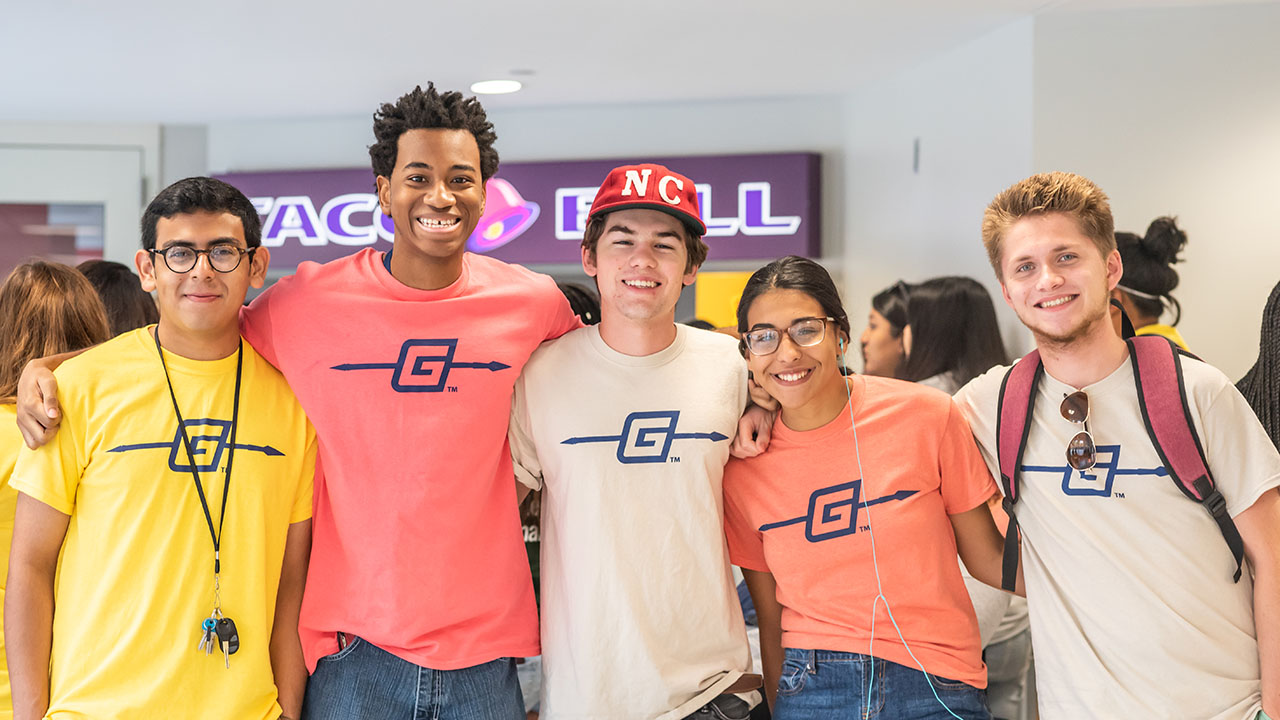
Types of Aid
There are many types of financial aid available to UNC Greensboro students looking for assistance with the costs of college. Aid can come from a variety of sources that may or may not require a FAFSA.
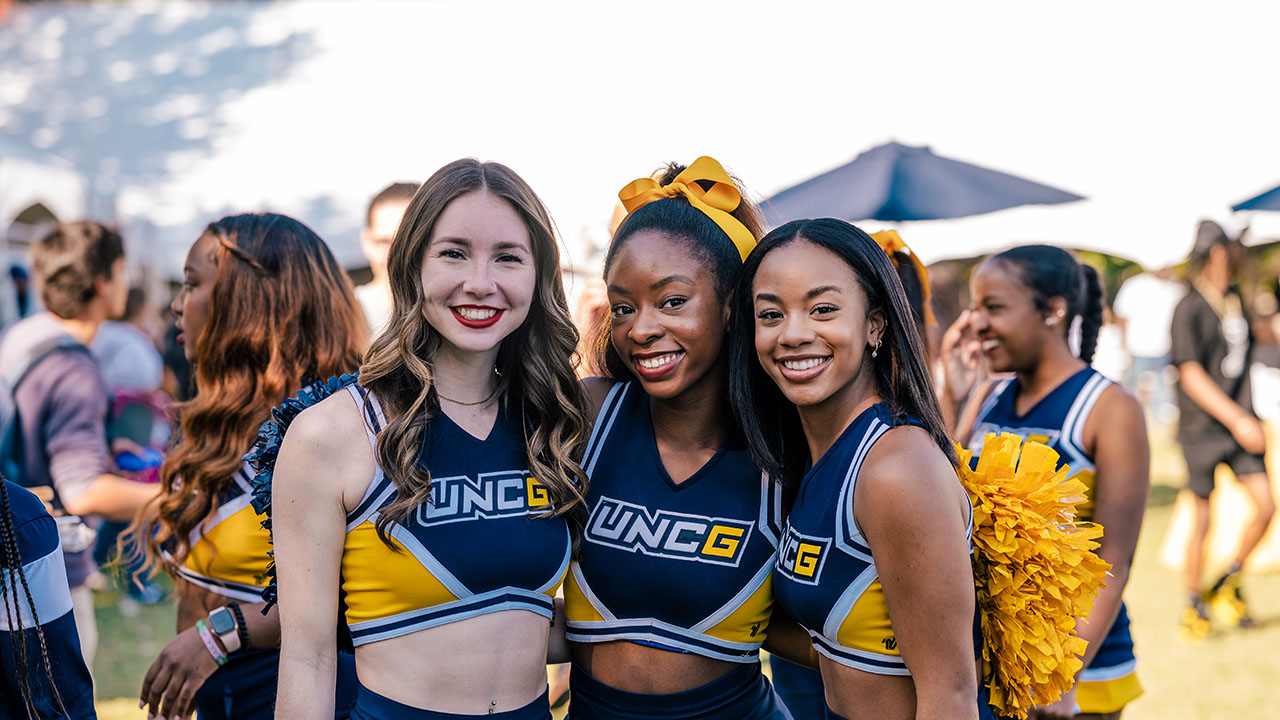
Scholarships
Fall first-year applicants are automatically considered for a limited number of scholarships when they apply by the priority deadline. UNCG offers academically talented students a variety of merit-based scholarships.
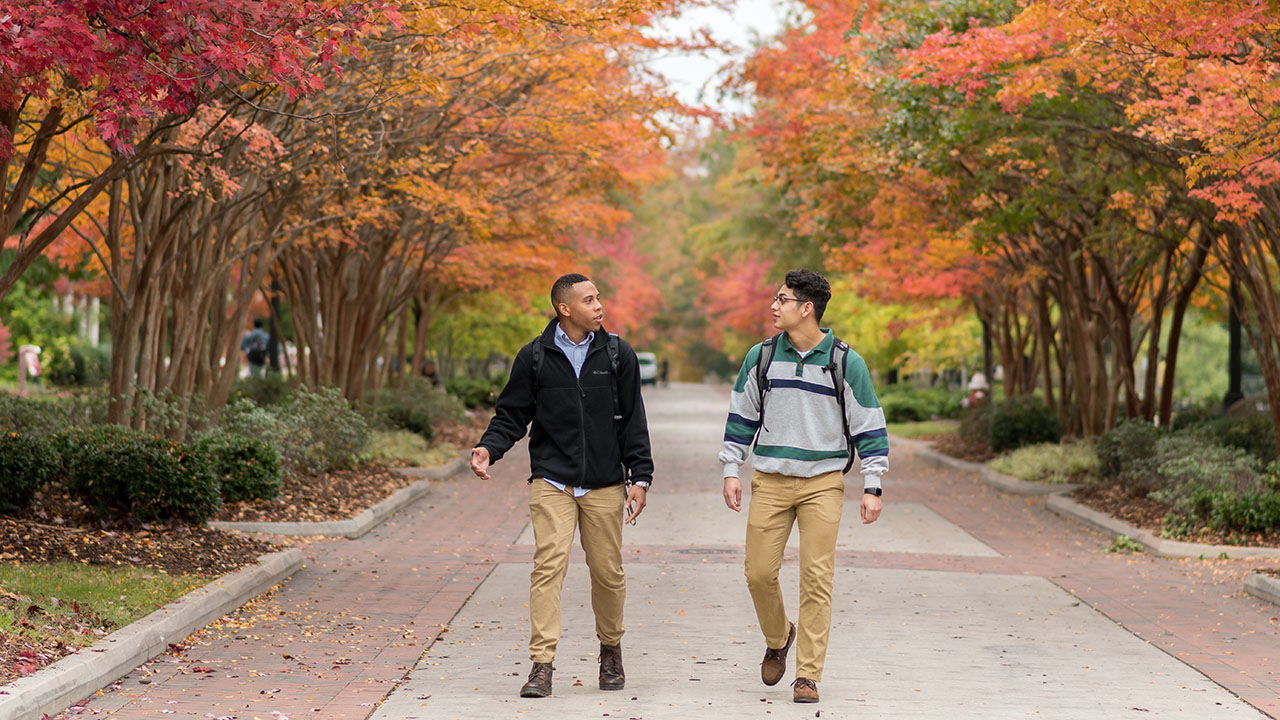
Eligibility for Students
Aid Eligibility for Student Types To be considered for most types of aid, including Federal Student Loans, all students must complete the Free Application for Federal Student Aid (FAFSA) each year.

Apply for Financial Aid
UNC Greensboro financial aid – such as loans, grants, and some scholarships – is awarded through the Office of Financial Aid and Scholarships to eligible students based on information reported in the FAFSA.
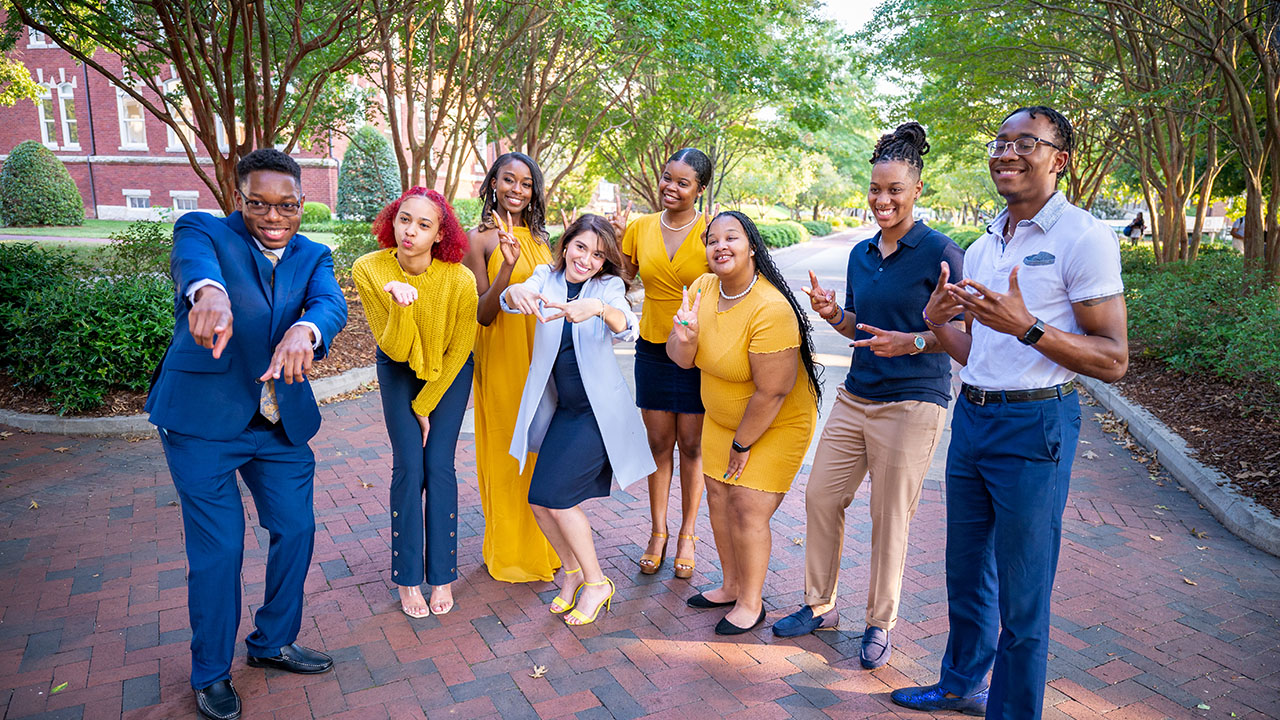
Accepting Your Award
When the student’s financial aid award package is available, they can view it online at UNCGenie. Students should review their aid notice carefully to ensure they understand what they have been offered.
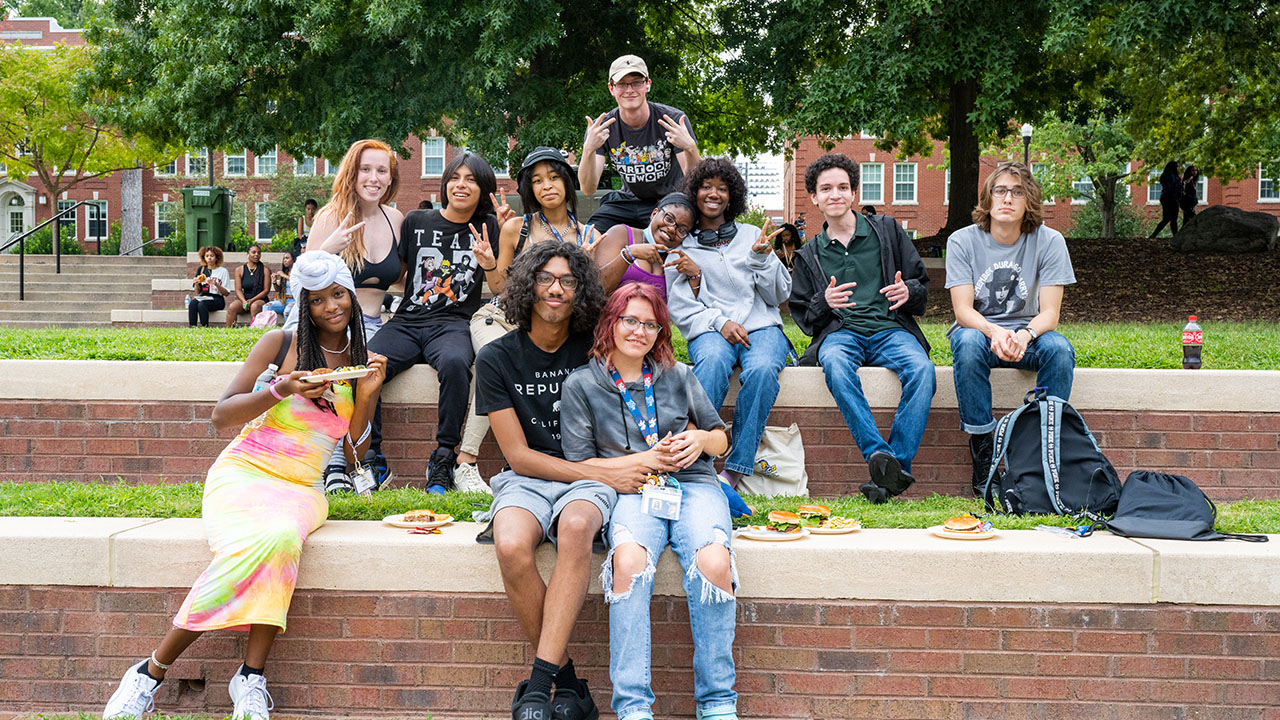
Aid Disbursement
Financial aid funds are paid out to students at the beginning of the semester as long as the student is registered for classes and financial aid awards have been accepted.
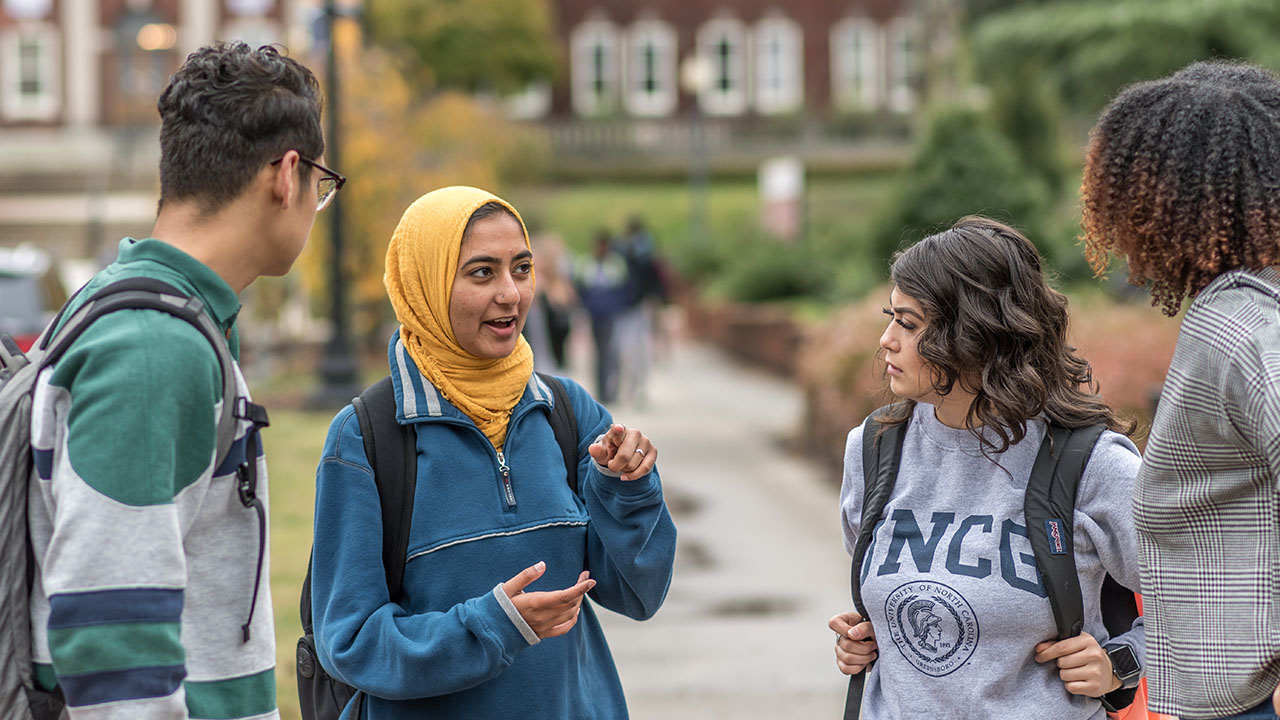
Financial Literacy
We’re here to help you understand student loans as a tool to help you pay for college. Whether or not you choose to borrow, we want to make sure you understand how student loans work.

Summer Financial Aid
Students enrolled in summer courses can receive financial aid. Because the term is shorter and has several “parts of term,” the aid process is a little different than what happens in fall and spring.
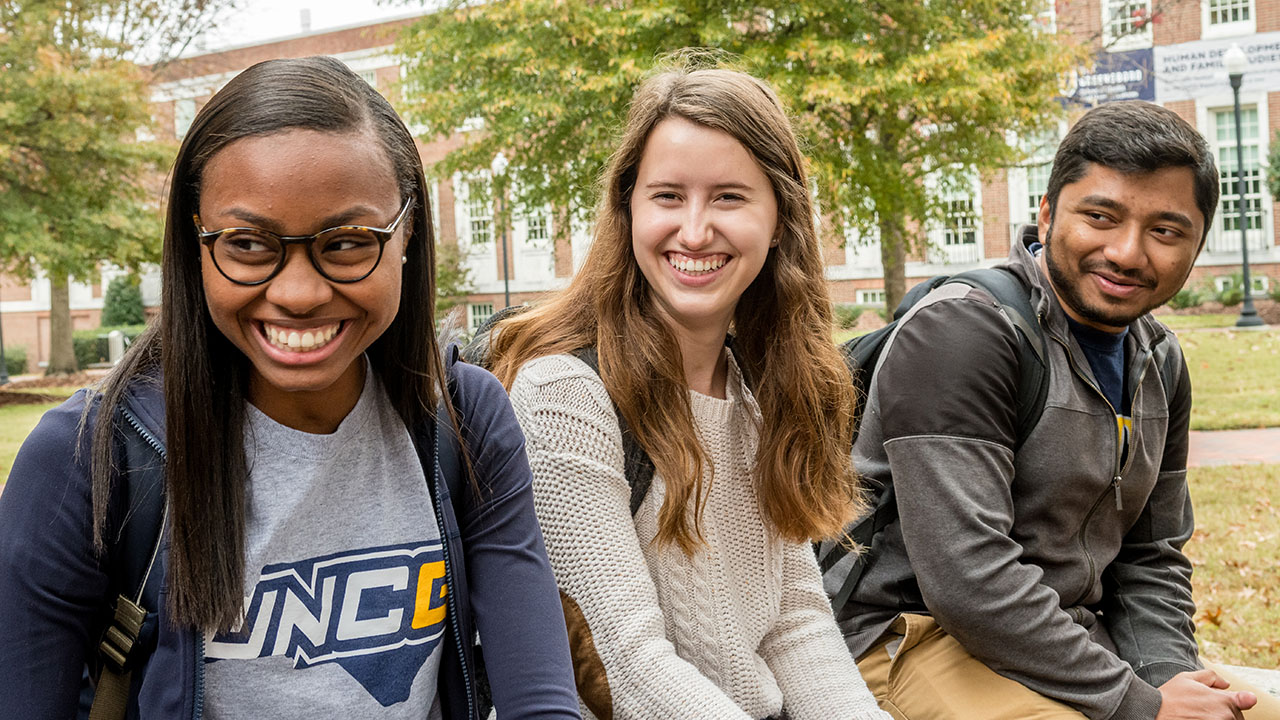
Study Abroad Aid
Students attending a semester or academic year abroad program are eligible to use financial aid to assist with their costs just as they would if they were taking classes on campus at UNCG.
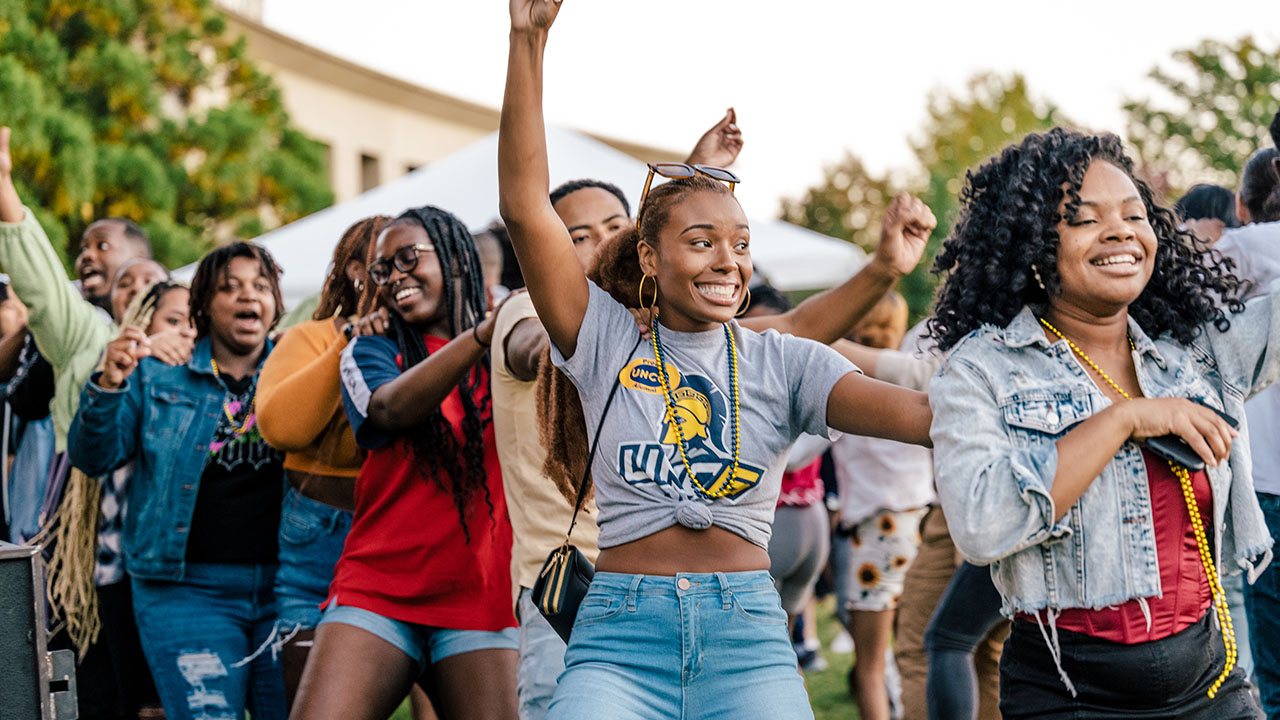
Debt Forgiveness
You’ve heard the big news from the federal government about the new three-part Student Debt Relief Plan initiative, and we know you’ve got questions. You’re not alone!
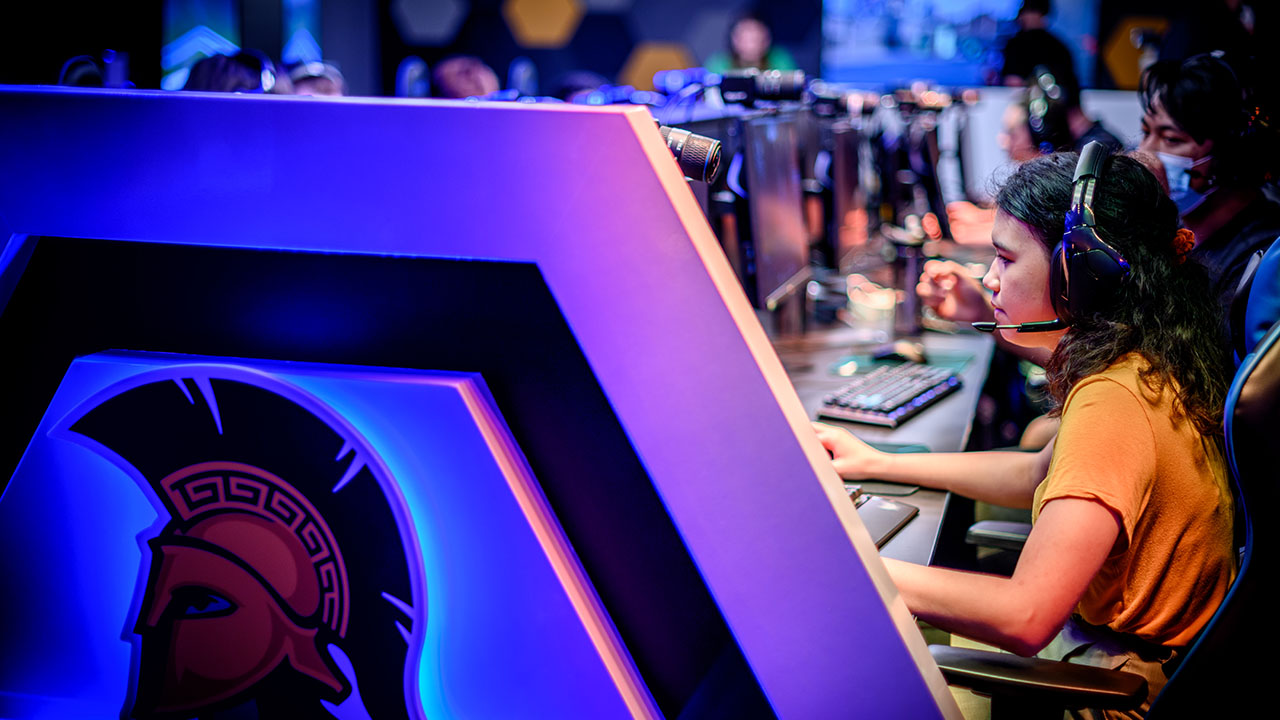
Video Library
This is a collection of video resources to aid you in understanding the financial aid process. Several of these videos are included on Spartan Central pages related to their topics.
CONTACT US
Office of Financial Aid and Scholarships
- Office hours: Monday-Friday, 9 a.m.- 5 p.m.
- Phone: 336.334.5702
- Email: Contact Form
- Mailing Address: PO Box 26170, Greensboro, NC 27402-6170
- Campus Address: 159 Mossman Building*
- *Drop-Ins Welcome.